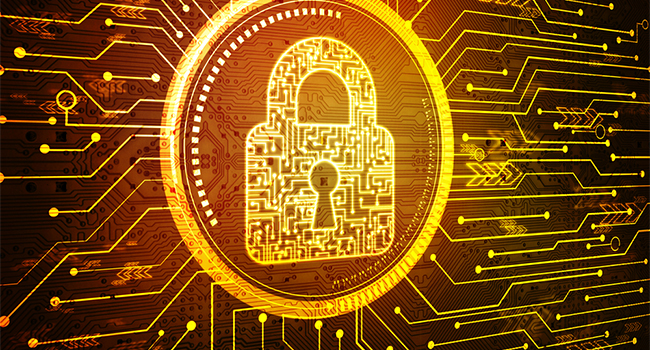
Why Tech's Biggest Companies are Against the Cyber Security Bill
Some of technologies leading revolutionaries such as Apple, Twitter Facebook and Google disregard the Cyber Security Bill as a legitimate solution to the data breaches seen in recent news.
The Cyber Security Information Sharing Act of 2015, also known as the CISA, would allow corporations to voluntarily share information about users with the government, without the fear of lawsuits, in an attempt to prevent cyber attacks.
Those against the bill firmly believe that it infringes on the privacy of users and that it does too little to prevent cyber attacks. The Computer and Communications Industry Association, a trade group representing tech leaders such as Facebook and Google, doesn’t believe it can support the bill as it is now.
"CISA’s prescribed mechanism for sharing of cyber threat information does not sufficiently protect users’ privacy or appropriately limit the permissible uses of information shared with the government," a statement from the group said. "In addition, the bill authorizes entities to employ network defense measures that might cause collateral harm to the systems of innocent third parties."
Supporters of the bill believe that creating a voluntary sharing environment would help to protect Americans from threats of a cyber attack, such as the disaster that hit Sony just a year ago. According to supporters, CISA would require companies and the government to remove any personally identifiable information believed to be irrelevant before sharing evidence of cyber threat indicators.
As of April, the bill passed in the House of Representatives and is now expected to be put to a vote in the Senate. There are several amendments to be made before a vote happens, but if passed, the changes will have to be approved by the House of Representatives before the bill is sent to the White House.